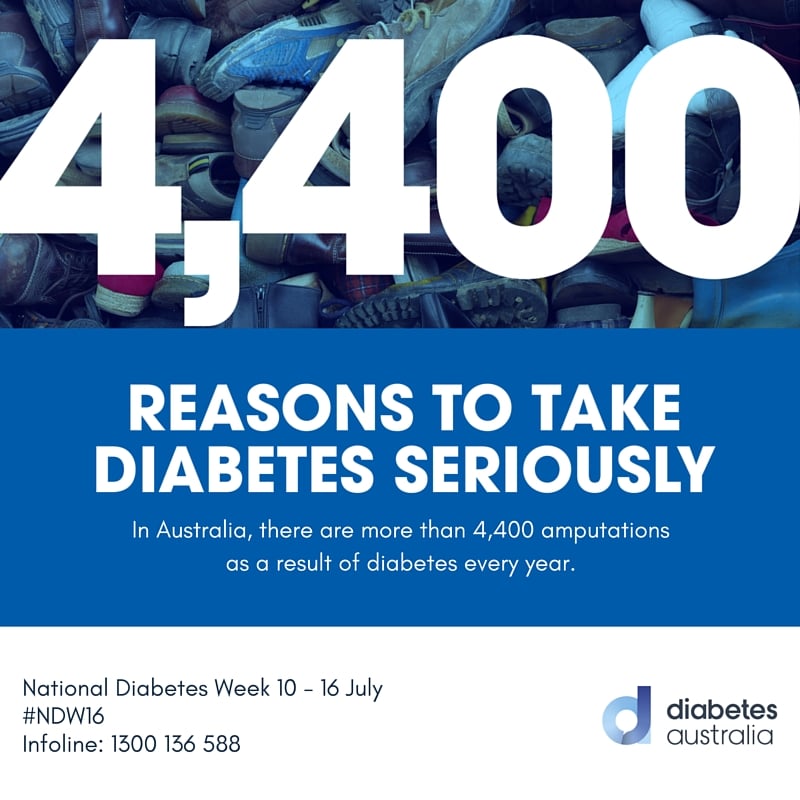
Last week (July 10-16) was Diabetes Awareness Week, with Diabetes Australia highlighting the tragedy of diabetes-related amputations, of which there are more than 4,400 carried out annually.
Another lesser understood consequences of diabetes is its potential to exacerbate bladder and bowel control problems. However, much can be done to prevent incontinence or reduce its impact.
Constipation
Constipation affects nearly 60 per cent of people with diabetes. Constipation increases the risk of urinary incontinence, essentially due to a space issue; an enlarged bowel compresses on the bladder and reduces its holding capacity, thereby risking accidental urinary leakage. Straining on the toilet due to constipation also risks stretching and weakening the pelvic floor muscles, which are important for closing off the urinary sphincter.
High blood sugar levels
If blood sugar levels are poorly controlled, the body will try to remove the excess blood sugars by producing more urine, which may also lead to stress incontinence (leaking when sneezing, running, laughing or coughing.
Obesity
Being overweight is a condition that puts people at greater risk of both type 2 diabetes and incontinence. Excess weight is a major contributor to bladder and bowel control because the added strain on the pelvic floor stretches and weakens the pelvic floor muscles, compromising their ability to support the bladder and bowel, and to shut off the urinary and anal passages.
Nerve damage
Poorly controlled or long-term type 2 diabetes can cause damage to nerves, which can lead to bladder and bowel control problems. This may manifest as a loss in sensation, little warning about having to go to the toilet, or lack of awareness that the bladder is filling. There may also be reduced sensation about whether or not the bladder or bowel is empty, increasing the risk of urinary tract infections (UTIs) or kidney damage.
Reduced immunity
Diabetes also interferes with the immune system, putting sufferers at a greater risk of infection. This combination of declining immunity and poor bladder emptying (due to nerve damage) puts people at a greater risk of urinary tract infections ( UTIs). (see opposite page for more information about UTIs)
Medications
Medications for type 2 diabetes such as metformin, acarbose and repaglinide can cause diarrhoea. Healthy sources of soluble fibre in the diet, such as oats, barley, rye, peeled fruit and vegetables, can help restore bowel motions to normal.
The Continence Foundation recommends these five steps for good bladder and bowel control for the prevention or reduced likelihood of incontinence.
1. Eat well.
Eat a balanced, fibre-rich diet and avoid constipation, one of the main causes of incontinence. (An overfull bowel restricts the bladder’s capacity to retain urine, while straining on the toilet stretches and weakens the pelvic floor.)
2. Consume adequate fluids daily, limiting caffeine and fizzy drinks.
Drink to satisfy your thirst. Urine should be straw-coloured, and you should only have to urinate between four and six times a day. (Overfilling your bladder can cause accidental leakage, while insufficient fluids can cause your urine to become concentrated, which irritates the bladder.)
3. Exercise regularly.
Aim for about 30 minutes of exercise a day. Keep within the healthy weight range. (Losing just five to 10 per cent of body weight reduces the incidence of incontinence by 70 per cent.)
4. Keep your pelvic floor toned.
Do your pelvic floor exercises daily (men included). Check out how with this five-minute video by physiotherapist and fitness professional Shira Kramer at continence.org.au.
5. Practise good toilet habits.
Empty your bowel when feel the gastro-colic refIex, which is the mass movement of contents in the bowel that occurs about 20 minutes after a meal, most strongly felt after breakfast. Empty your bladder when it feels full, and avoid going “just in case”, unless it’s bedtime.
For free, confidential advice about incontinence, speak to one of the continence nurse advisors on the National Continence Helpline (1800 33 00 66) 8am to 8pm weekdays AEST.

